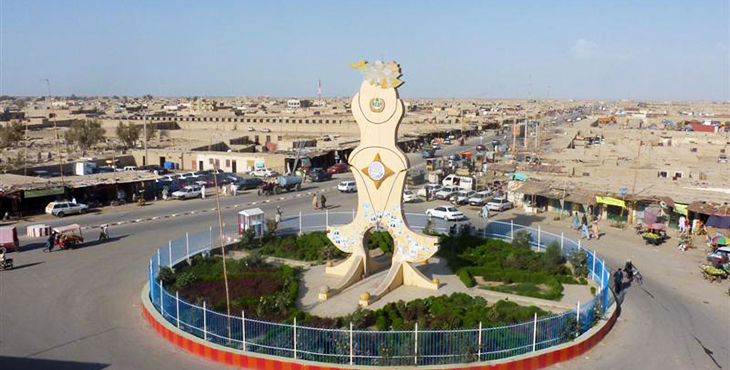RASC News Agency: Some residents of Nimroz Province in southwestern Afghanistan confirm that the number of addicts has increased compared to the previous year. Gul Ahmad Rasouli, a resident of Nimroz Province, informed the RASC news agency on Saturday, Feb 17, that the primary reason for the surge in addiction in this province is migration to neighboring countries and regions where many individuals become addicts and then return to Afghanistan provinces.
Rasouli elaborated that not only men but also women abroad fall victim to drug addiction, resulting in the destruction of their lives. He added that the high prevalence of addiction in Nimroz Province disrupts the community’s order and discipline, leaving the province’s residents extremely dissatisfied with the situation. Additionally, Awaz Mohammadi, another resident of Nimroz Province, conveyed to the RASC news agency that Taliban authorities in the province should address this issue to tackle the problem of addiction within the city. He further noted that most residential burglaries are committed by addicts, causing concern among the populace.
He cautioned that if Taliban authorities fail to effectively address this issue, Nimroz residents will face significant challenges. Nevertheless, Sayed Ramazan, an individual grappling with substance abuse, revealed to the RASC news agency that it has been nearly ten years since he became addicted to crystal meth, and he continues to use it to this day. He expressed that he wishes for death every day to escape his addiction but is compelled to persist in this lifestyle.
Ramazan stressed that substance abuse, regardless of the type, is profoundly harmful to young people and adolescents and should be avoided. He recounted that he has made repeated attempts to quit using drugs, but this disease has torn apart his family and his life. Ramazan addressed society as a whole, asserting, “If you embrace drugs, one day you will realize that our homes will burn for the sake of these substances.”
Meanwhile, Musa Rahmati, an expert on western Afghanistan’s studies, informed the RASC news agency that Taliban authorities must implement a systematic plan to alleviate all these societal problems. He emphasized that the presence of addicts in urban areas is a negative phenomenon that demands specific attention and solutions to resolve. Rahmati expressed that if the relevant authorities of the ruling group, such as leaders and government officials, do not address the issue of addiction, society will veer toward abnormalities.
These statements originate from Nimroz Province residents at a time when Taliban anti-narcotics officials have reported on the favorable condition of addicts nationwide. It is noteworthy that Nimroz, Herat, and Farah provinces are among the regions where hundreds of individuals become addicted to drugs annually.






